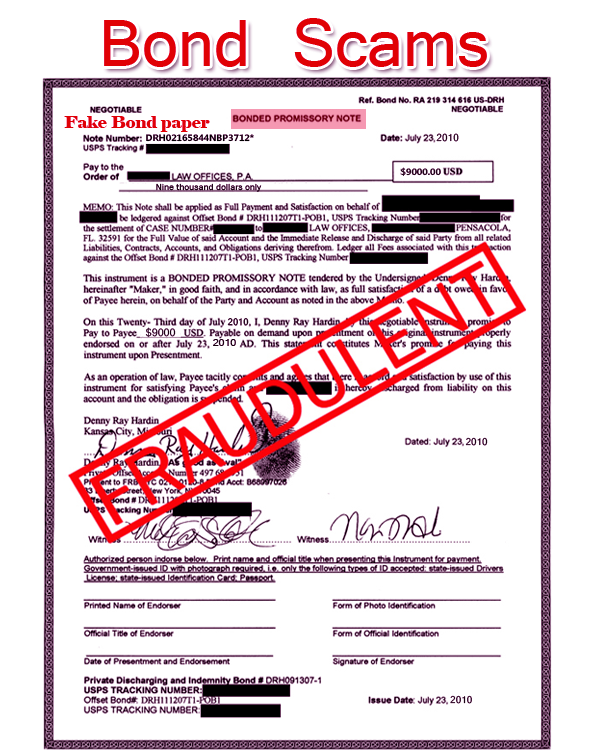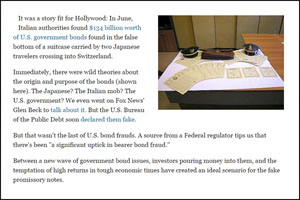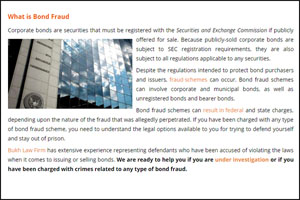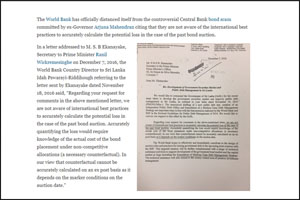The crook work of fraudulent stock brokers:
The share market is a wonderful forum to create earnings, particularly for active investors with good market knowledge and access to authentic stockbrokers. Nevertheless, numerous people become victims of bond fraud organized by deceitful brokers. These types of fraud normally consist of fictitious stockbrokers cold-calling real investors and inducing them to buy worthless or non-existent shares by misleadingly guaranteeing high returns. Evading these fraudsters can be very difficult, as they tend to employ technical terms, well-looked-up imitation websites, and eloquent words to get their victims. Below is a description of how these fraudsters work and how they trap unsuspecting investors in their meticulous web of lies.
Traps you over phone:
These fraudsters usually reach you through a telephone call, claiming to be real stockbrokers with some very profitable investment opportunity. With persuasive and manipulative words, they hurry you into making a decision without providing you with sufficient time to assess the type or authenticity of the investment. They aim at obscuring your judgment and earning your trust just for long enough to take advantage of it.

With guaranteed maximum profits, they trick you into buying totally worthless stocks that are unsellable. To make the transaction look as real as possible, they usually give false bond papers and bogus certificates. In most instances, these crooks deceive the victims into signing blank bond papers by inserting them in among other genuinely looking business documents. Consequently, they can easily capture valuable assets without much effort. Most people have lost their assets and life savings to these bond paper scams that effectively erase their wealth.


Gold bond scams:
Scammers take advantage of the long-expired Gold Clause Law—which has been unenforceable in U.S. courts since 1977—to trick unsuspecting victims. These so-called gold bond scams, also known as historical bond scams, involve selling outdated or worthless bonds to investors at prices far beyond their actual value. They often lure people in with false promises of big future payouts or rare collectibles backed by gold, making the scam seem both profitable and legitimate.
Surety bond scams:
A surety bond typically guarantees to take responsibility for the debt or obligation of a third party. Taking advantage of this concept, scammers approach legitimate companies and trick them using fake surety bonds that bear names strikingly similar to those of well-known, established surety firms. As a result, these fraudsters manage to extract large sums of money. Alarmingly, even well-established and reputable companies fall victim to such scams every year.

Insurance bond scams:
Insurance bond scams are a type of advance-fee scam where fraudulent brokers solicit funds from investors by promising loans, contracts, or highly attractive properties in return. However, the harsh reality is that investors never receive a single penny from these cold-blooded scammers. The entire scheme is designed to extract upfront payments under false pretenses, leaving victims with significant financial losses.

Be cautious to protect yourself from bond scams:
Before you invest your hard-earned money, take a step back and remember—if something promises big returns with little risk, it's probably too good to be true. Don't rush into anything that feels off or offers interest rates way higher than normal. Do your own digging instead of just trusting what a broker or salesperson tells you. Check out the company's background and visit official sites like the Financial Trade Commission to see if there are any red flags. A little research now can save you a lot of trouble later. Staying sharp and informed is one of the best ways to protect yourself from getting scammed.

Characteristics of Bond Scams:
-
1. Sales of Bogus Bonds
The scammers promise access to high-return or otherwise exclusive bond investments. These bonds do not actually exist.
2. High-Return Guarantees
Fraudsters lure victims with promises of exceedingly high returns, significantly higher than any legitimate bonds have to offer—an instant red flag.
3. Need to Invest Immediately
Scammers make the opportunity seem time-sensitive or limited, hurrying victims along without adequate due diligence.
4. Impersonation of Trustworthy Parties
In a bid to become credible, scammers impersonate reputable financial institutions, government agencies, or registered advisors.
5. Inadequate Documentation
The victims are given minimal or no formal documentation. Scammers do not issue authentic documents to hide the fact that they are involved in a fraud scheme.
6. Advance Fee Requests
Upfront payment is demanded in some scams under the guise of processing fees, legal fees, or taxes, misleadingly claiming they are needed to be able to access the investment.
Warning Signs of Bond Scams:
Unsolicited Offers
Receiving unexpected bond investment offers via email, phone calls, or social media.
Related Scams:
Nigerian Letter Scams
Nigerian letter scam is an advanced fee type of fraud. Ripandscam.com provides you with clear idea related to the Nigerian letter scamRead More...






